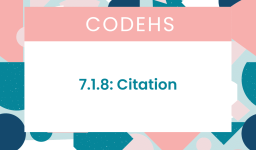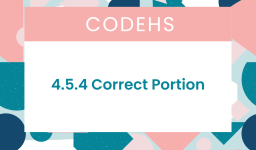The most common answer is:
Type =input(“Are you an administrator, teacher, or student?: “)
if(Type==”Administrators”)or(Type==”teacher”):
print(“Administrators and teachers get keys! “)
elif(Type==”student”):
print(“Students do not get keys!”)
else:
print(“You can only be an administrator, teacher, or student!”)To ensure this program runs correctly and adheres to Python syntax, including using standard ASCII quotation marks and adding proper case handling for the input, here’s the revised version:
user_type = input("Are you an administrator, teacher, or student?: ").lower()
if user_type == "administrator" or user_type == "teacher":
print("Administrators and teachers get keys!")
elif user_type == "student":
print("Students do not get keys!")
else:
print("You can only be an administrator, teacher, or student!")
This code will:
- Prompt the user to specify if they are an administrator, teacher, or student, and convert their response to lowercase to ensure the comparison is case-insensitive.
- Check if the user’s role matches “administrator” or “teacher” and print that they get keys.
- If the user is a “student”, it prints that students do not get keys.
- If the input does not match any of the roles, it informs the user they can only be an administrator, teacher, or student.



